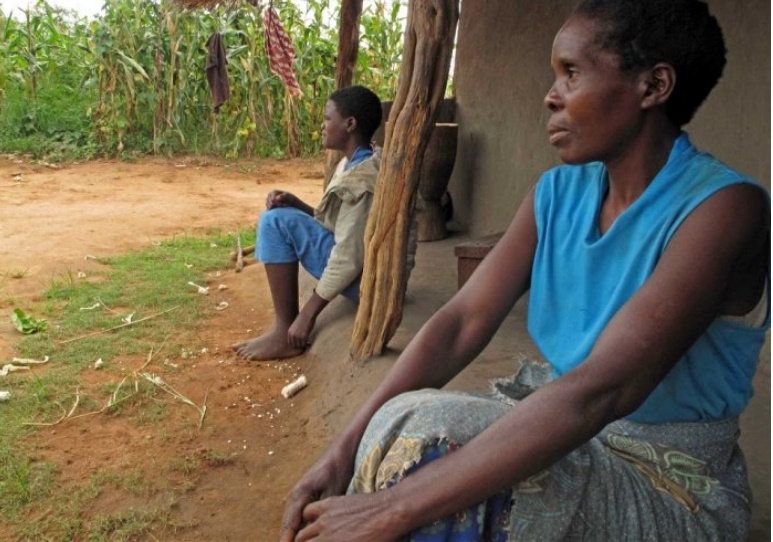ANALYSIS | Mozambique Beats Hunger, Malawi Sinks; 8 Million Starving Despite Billions in FISP
As neighbouring Mozambique celebrates its removal from the United Nations’ Hunger Hotspot list following a successful harvest, Malawi remains gripped by a worsening hunger crisis — with 8 million citizens on the brink of starvation and no clear answers from those in power.

It is a brutal and humiliating contrast. Mozambique — with similar weather patterns, geography, and challenges — has managed to turn the corner. Meanwhile, Malawi, after pouring billions into the so-called Affordable Inputs Programme (AIP), formerly FISP, has nothing but hunger, corruption, and failed promises to show.
According to the UN’s new report released just days ago, Malawi is among the few countries still considered a hunger hotspot in southern Africa. Countries like Zambia, Zimbabwe, Lesotho, and Mozambique have all made it off the list thanks to improved harvests, better planning, and real investment in their agricultural sectors.
Zambia, for instance, is expecting a record maize harvest of over 3.6 million tonnes — more than double last year’s output. In South Africa, maize yields are up by 14%. Even Lesotho, a small mountainous country often overshadowed by its neighbours, has rebounded.
So how is it that Malawi — with arguably more arable land and international agricultural aid — is still failing to feed its people?
The answer is as simple as it is infuriating: failed leadership.
The AIP was supposed to be a lifeline for farmers. Instead, it has become a cash cow for politically connected suppliers and a symbol of systemic dysfunction. Every season, farmers complain about late or missing inputs, fake fertiliser, and exclusion from the beneficiary list unless they pledge loyalty to the ruling party.
Yet, despite all this, President Lazarus Chakwera’s government continues to defend the programme while making no tangible reforms. Ministers boast of policy success while rural families survive on wild roots, mangoes and one meal a day — if they’re lucky.
Meanwhile, no one is being held accountable.
The difference between Malawi and Mozambique isn’t rainfall — it’s political will. Mozambique has invested in irrigation, decentralised input distribution, and streamlined support to actual farmers. Malawi, on the other hand, has politicised agriculture, turned farming into a campaign tool, and allowed corruption to flourish unchecked.
This is no longer just a food crisis. It is a leadership crisis.
Malawians should be furious. We are not poor in potential. We are not cursed with uniquely bad weather. We are victims of decades of betrayal by leaders who promise development but deliver hunger, season after season.
And now, as our neighbours reap the benefits of good policy and genuine investment, we are left in the dust — starving, forgotten, and still being lied to.
If 8 million starving citizens isn’t a national emergency, what is?
Malawi is not hungry by accident. We are hungry by design. And it’s time we called it what it is: a failure of those in power to do their jobs, while the people they claim to serve pay the ultimate price — with empty stomachs and broken futures.
Follow and Subscribe Nyasa TV :

